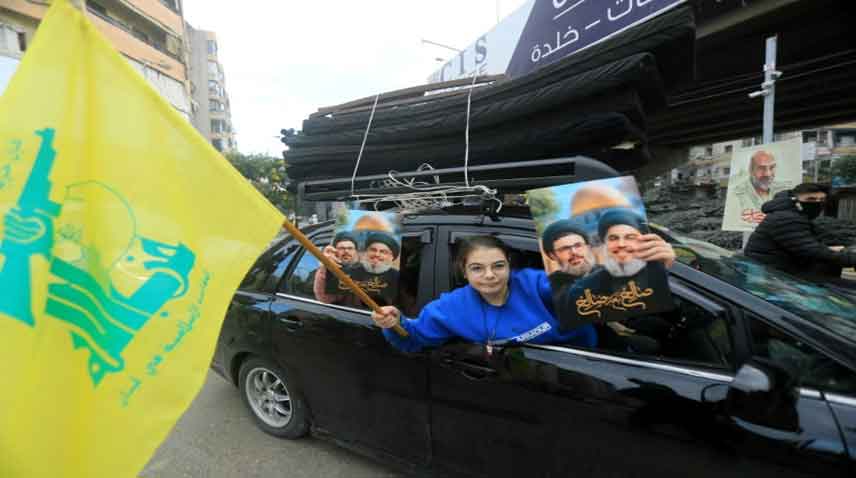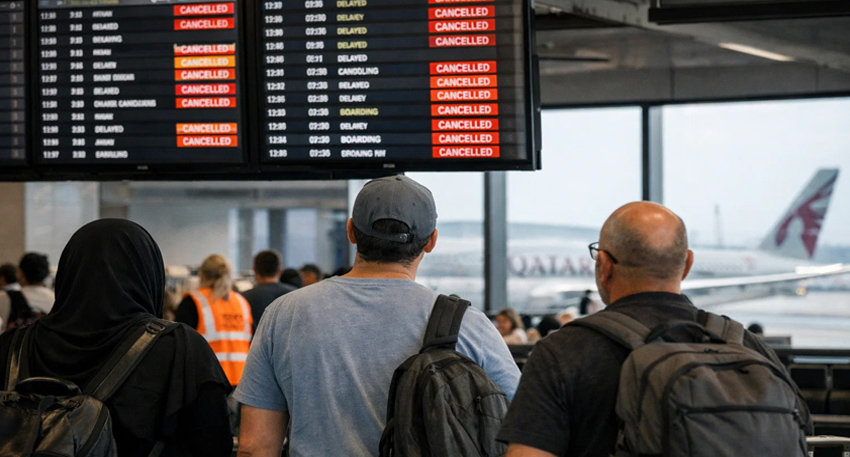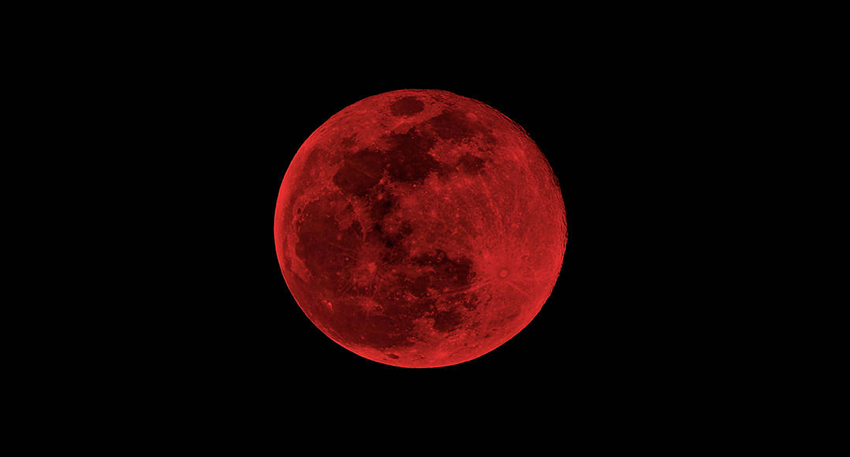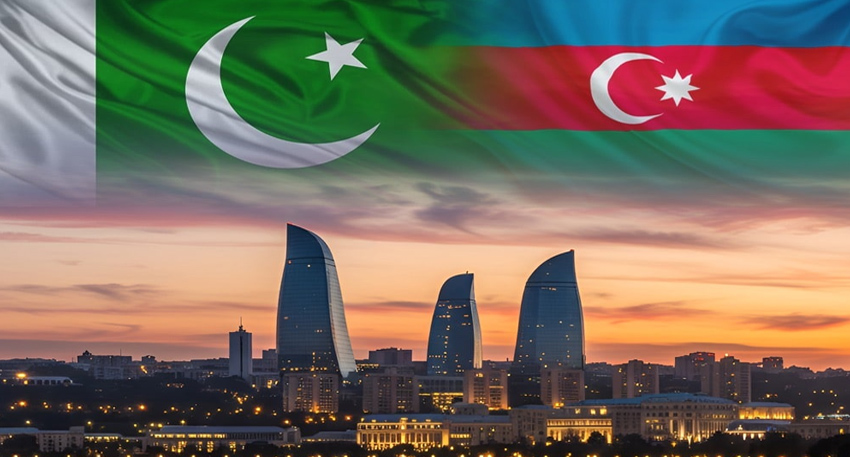
Those who displaced from Beirut’s heavily damaged southern suburbs returned home, as a ceasefire took effect after over two months of Israeli assaults, with many eulogizing Hezbollah and celebrating victory.
It was reported that traffic was congested as thousands gathered at the Hezbollah stronghold, a densely packed residential area that had largely been emptied out as Israel launched near-daily strikes in recent weeks.
The foreign media reported that some broke into tears after seeing the rubble of their broken homes and businesses while others waited for excavators to remove the rubble from their streets to access their buildings.
“We are returning to these heroic suburbs, the suburb of (slain Hezbollah leader) Sayyed Hassan Nasrallah… We returned thanks to them,” a resident told foreign news agency.
“The resistance is victorious,” he said referring to Hezbollah.
As ceasefire came into effect, Hezbollah was organising press tours in south Beirut, as well as its south and east Lebanon bastions.
After nearly a year of limited cross-border fire initiated by Hezbollah over the Gaza war, Israel heightened its aerial bombing of Lebanon. It later sent ground troops across the southern border.
On September 27, a massive Israeli air strike killed Hezbollah’s charismatic leader Nasrallah in south Beirut.
Some residents said that they immediately headed towards the place where their beloved leader, who has not had a funeral procession or public burial amid the war, was killed.
“I was looking for the place where we lost our souls,” Diala told AFP, referring to the site of that deadly strike.
“I headed straight there and didn’t look at anything else.”
Hezbollah supporters were handing out pictures of Nasrallah and Hashem Safieddine, who was widely expected to be named his successor before he was killed in a strike in early October.
One man waved Hezbollah’s flag above the ruins of a building.
The war has killed more than 3,800 people in Lebanon since October 2023, according to the health ministry.




